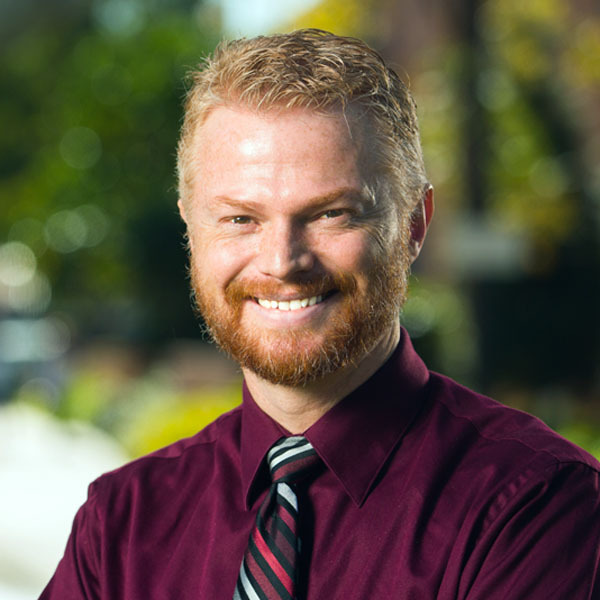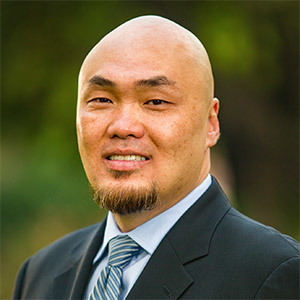Master of Divinity (Missions and Intercultural Studies)
Overview
The Master of Divinity with a concentration in Missions and Intercultural Studies prepares you to advance God’s global mission through pastoral ministry in the local church, the mission field or other intercultural settings, whether local or international.
On top of a biblically and theologically sound educational foundation, this program trains you to become more culturally aware and to understand a variety of theological issues relevant to geography, ethnicity, ideology, intercultural communication and other topics. Additionally, the program gives you the option to select an emphasis most relevant to your calling.
- Develop Your Passion for God’s Worldwide, Culture-Spanning Mission. Grow in your understanding of the Bible as a salvation history story that progressively reveals God as a missionary God. You’ll gain a broad academic and practical foundation for your calling to reach the nations and pursue God’s mission in culturally diverse contexts.
- Be Equipped to Share the Gospel in Cross-Cultural Contexts. How well do you know the cultures you’re called to serve? Increase your impact as you develop your understanding and skills in exegeting your social and cultural environment. As you grow in your knowledge of theology, communication and culture, you will grow to be more effective and able to share the gospel in a culturally sensitive manner.
- Focus in on a Specific Area — or Customize Your Program. Beyond your specialization in missions and intercultural studies, you can narrow your scope by selecting a specific area of focus, such as anthropology, applied linguistics, church planting, cross cultural education, linguistics and biblical languages, missiology, urban/multiethnic, or a customized mix of these areas.
- Prepare to Provide Pastoral Leadership. The Master of Divinity provides a broad-based seminary education that prepares you in every way to teach and preach the Word of God, to offer pastoral counseling, to help believers apply the truth of God’s Word in their daily lives and to evangelize.
- Communicate Biblical Truth with Accuracy and Relevance. Much of your training involves digging into the Word of God and understanding the biblical authors’ intended meaning. You’ll gain the necessary skills and tools to exegete the Bible by learning Scripture’s original languages, Greek and Hebrew. Then, you’ll practice applying the knowledge you’ve gained in exegesis and interpretation in your preaching classes. This is what you need to communicate God’s Word to people today — faithfully, clearly and relevantly.
- Learn by Doing with Guidance from Mentors. You’ll gain theological and missiological insights in ministry by engaging in specific cross-cultural tasks in your course assignments and required field education. As you do, you’ll benefit from the mentorship and wisdom of Talbot professors who have extensive cross-cultural ministry and missions experience.
For more reasons to choose Talbot School of Theology for your education, see the Why Talbot? page.




